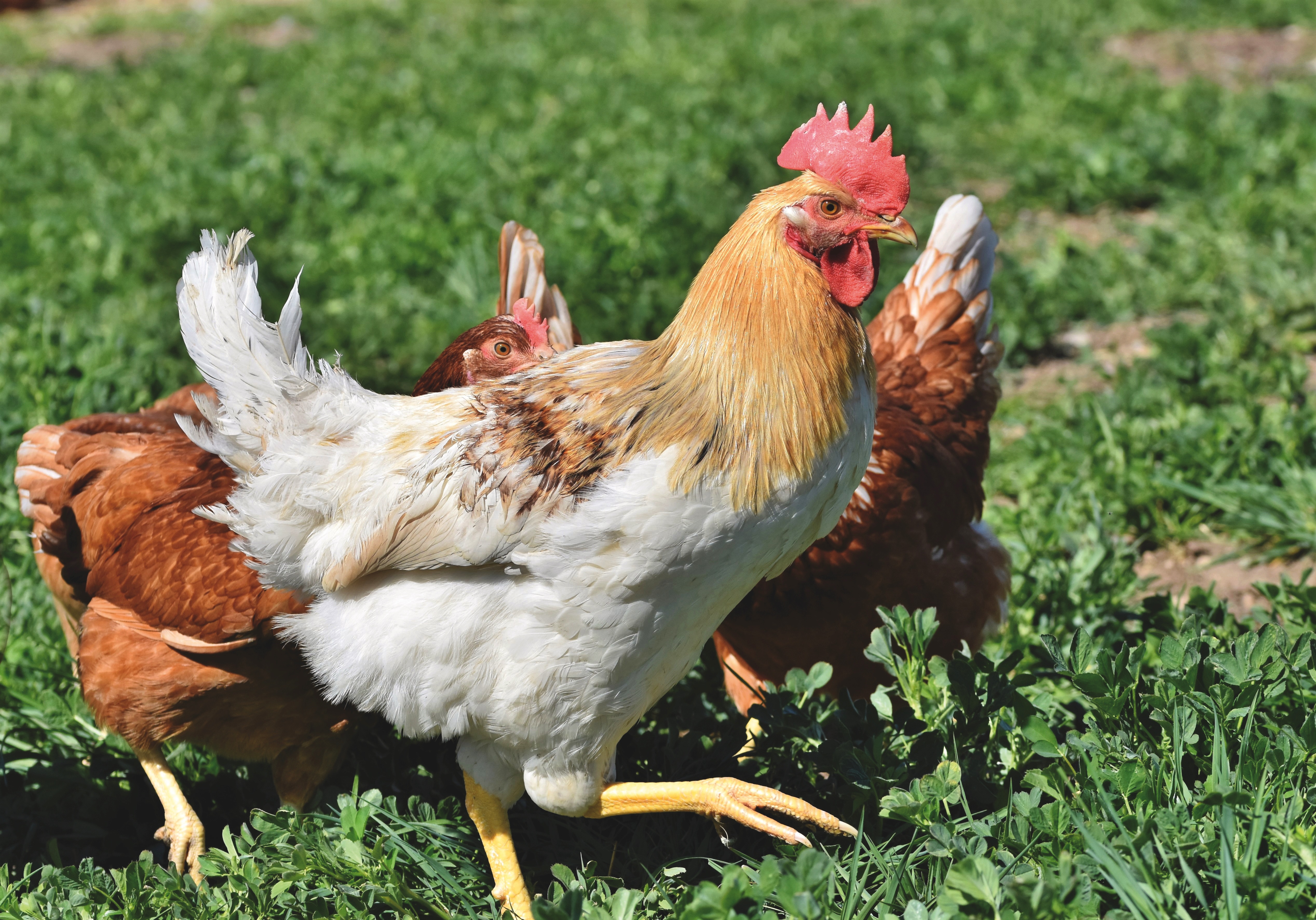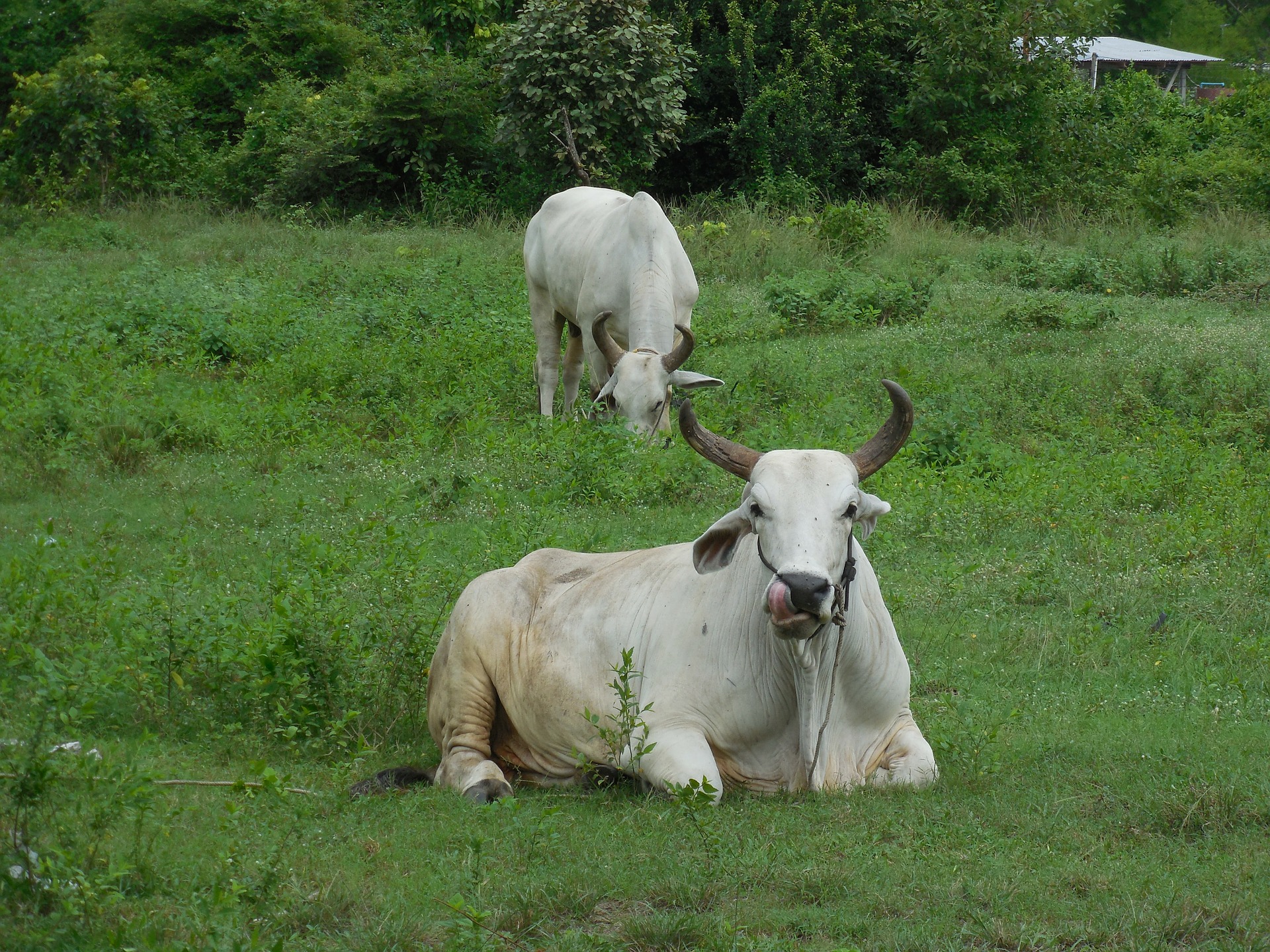Developing astronomical research activities

In May 2018, CSIRO signed a Letter of Intent (LoI) with The National Astronomical Research Institute of Thailand (NARIT). The agreement aims to encourage joint research activities in the areas of astronomy, astrophysics and associated technologies. NARIT are building a new antenna for radio astronomy and CSIRO's technical advisory committee visit NARIT twice a year, providing advice on modern instrumentation. NARIT have also visited CSIRO Astronomy and Space Science (CASS) numerous times to foster collaboration in the development and operations of a radio telescope.
Collaborating on laboratory projects to improve animal disease research

The World Organisation for Animal Health (OIE) provides Laboratory Twinning projects which enable laboratories in different regions to collaborate. Laboratory Twinning projects provide mutual benefits for institutes, including the creation of joint research opportunities, establishment of research networks and sustainable capacity building. In 2019, CSIRO’s Australian Animal Health Lab (AAHL) and the Thailand National Institute of Animal Health (NIAH) entered into a partnership under an OIE Laboratory Twinning agreement to increase the capacity for the NIAH to diagnose and respond to new and emerging animal diseases in the Asia-pacific region. This project has concluded successfully.
Understanding the epidemiology of animal foot and mouth disease

CSIRO's Australian Centre for Disease Preparedness (ACDP) has been working with the OIE Animal Foot and Mouth Disease (FMD) Regional Reference Laboratory (RRL) in Pakchong, Thailand for many years. Foot and mouth disease (FMD) is a highly contagious viral disease of livestock. It primarily affects cattle, swine, sheep, goats and other hoofed animals. FMD is characterised by fever and sores inside and outside of the mouth, on the teats and between the hooves.
Since 2010, Australian industries and governments have funded the FMD Ready Project. The project focuses on better understanding of the epidemiology of animal foot and mouth disease. Australian researchers have worked in collaboration with the Regional Reference Laboratory (RRL) in Thailand on studies to determine the efficacy of the FMD vaccines kept in the emergency vaccine bank for Australia. CSIRO also works with the RRL to validate our FMD diagnostic assays. We currently have an agreement to undertake four different research projects with the RRL.
Advancing farming in Northeast Thailand

CSIRO and Australia's Department of Foreign Affairs and Trade have collaborated with Khon Kaen University on the Future Farming in Northeast Thailand study. This study aimed to enhance economic development through the expansion of large-scale irrigation projects and agribusiness promotion. Researchers developed participatory scenario processes for Northeast Thailand. They also explored larger-scale possibilities in the rest of Thailand and the Mekong region. Scenarios and associated models have informed Thai River Basin Committee planning processes.
Developing astronomical research activities
In May 2018, CSIRO signed a Letter of Intent (LoI) with The National Astronomical Research Institute of Thailand (NARIT). The agreement aims to encourage joint research activities in the areas of astronomy, astrophysics and associated technologies. NARIT are building a new antenna for radio astronomy and CSIRO's technical advisory committee visit NARIT twice a year, providing advice on modern instrumentation. NARIT have also visited CSIRO Astronomy and Space Science (CASS) numerous times to foster collaboration in the development and operations of a radio telescope.
Collaborating on laboratory projects to improve animal disease research
The World Organisation for Animal Health (OIE) provides Laboratory Twinning projects which enable laboratories in different regions to collaborate. Laboratory Twinning projects provide mutual benefits for institutes, including the creation of joint research opportunities, establishment of research networks and sustainable capacity building. In 2019, CSIRO’s Australian Animal Health Lab (AAHL) and the Thailand National Institute of Animal Health (NIAH) entered into a partnership under an OIE Laboratory Twinning agreement to increase the capacity for the NIAH to diagnose and respond to new and emerging animal diseases in the Asia-pacific region. This project has concluded successfully.
Understanding the epidemiology of animal foot and mouth disease
CSIRO's Australian Centre for Disease Preparedness (ACDP) has been working with the OIE Animal Foot and Mouth Disease (FMD) Regional Reference Laboratory (RRL) in Pakchong, Thailand for many years. Foot and mouth disease (FMD) is a highly contagious viral disease of livestock. It primarily affects cattle, swine, sheep, goats and other hoofed animals. FMD is characterised by fever and sores inside and outside of the mouth, on the teats and between the hooves.
Since 2010, Australian industries and governments have funded the FMD Ready Project. The project focuses on better understanding of the epidemiology of animal foot and mouth disease. Australian researchers have worked in collaboration with the Regional Reference Laboratory (RRL) in Thailand on studies to determine the efficacy of the FMD vaccines kept in the emergency vaccine bank for Australia. CSIRO also works with the RRL to validate our FMD diagnostic assays. We currently have an agreement to undertake four different research projects with the RRL.
Advancing farming in Northeast Thailand
CSIRO and Australia's Department of Foreign Affairs and Trade have collaborated with Khon Kaen University on the Future Farming in Northeast Thailand study. This study aimed to enhance economic development through the expansion of large-scale irrigation projects and agribusiness promotion. Researchers developed participatory scenario processes for Northeast Thailand. They also explored larger-scale possibilities in the rest of Thailand and the Mekong region. Scenarios and associated models have informed Thai River Basin Committee planning processes.
